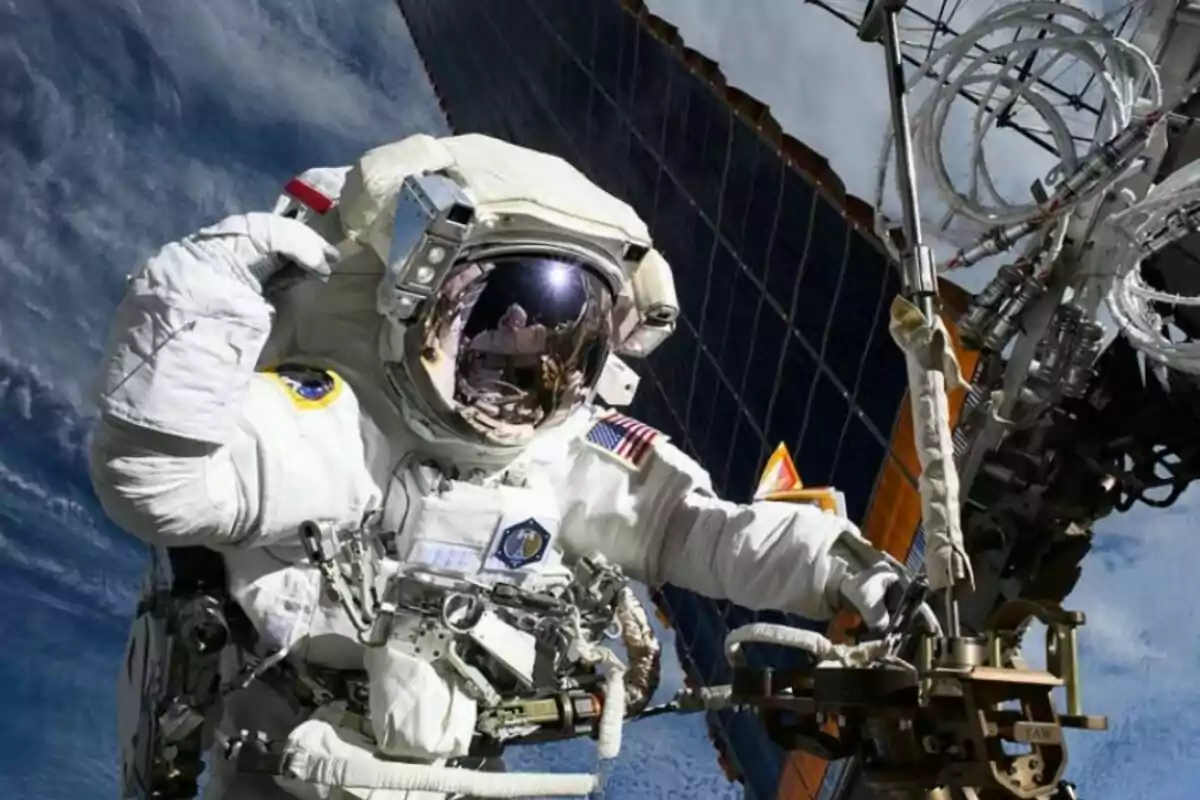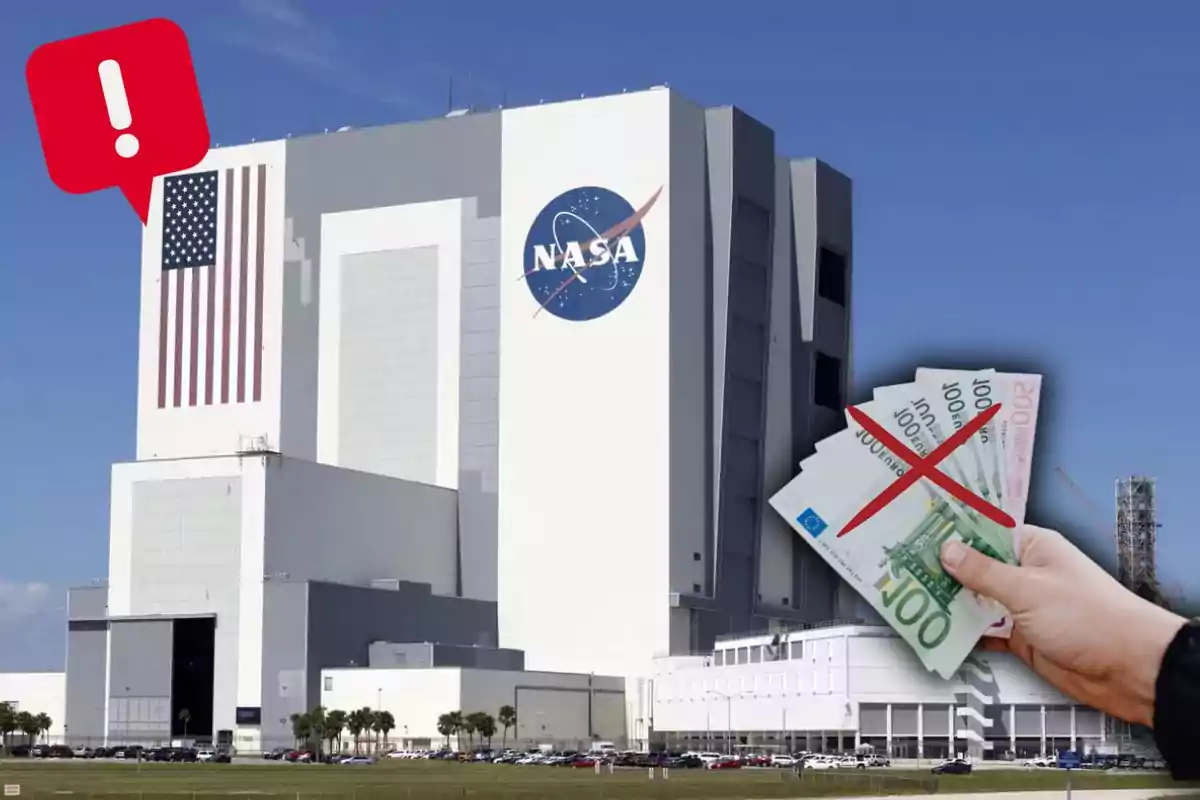Being an astronaut has been associated for decades with the idea of prestige, adventure, and worldwide recognition. In the public imagination, those who travel to space seem to be at the top of professions, as if their salary reflected the magnitude of the feat. However, the economic reality of these workers is far from that idyllic vision.
Retired astronaut Nicole Stott has made this clear in an interview with LAD Bible. With experience in several space missions, she hasn't hesitated to respond frankly when asked about the salary of those who work in space. "You don't become an astronaut to make a lot of money," she stated, making it clear that vocation weighs much more than salary.

A stellar résumé with an earthly salary
Stott was part of the STS-128 mission in 2009 and spent more than three months on the International Space Station. She was also the first person to operate the station's robotic arm to capture a free-flying vehicle, as well as the tenth woman to perform a spacewalk. Despite a brilliant résumé, her financial compensation never came close to the million-euro figures many imagine.
Official NASA data confirm this idea. The average salary of an astronaut is about €130,000 (about $141,000), an amount that seems high but is limited when compared to the real responsibility and risks involved. In contrast, aerospace engineers in the private sector can earn the same or more without facing life-or-death missions.
Testimonies reveal a strict salary policy
Other testimonies have supported Stott's view. Former astronaut Cady Coleman explained that during her 159-day mission, she only received €3.42 (about $3.70) per day, that is, just over €500 (about $543) in additional compensation. Her words show that the base salary is the norm, with no significant extras for extended time or danger.
Even in extraordinary situations, the compensation hardly changes. When astronauts Suni Williams and Butch Wilmore were trapped on the International Space Station for nine months due to technical failures, the compensation barely reached a few hundred euros more. The fact has caused surprise, since greater recognition was expected for those who experienced such a delicate unforeseen event.
A vocation driven by passion and challenge
The gap with private companies is clear. An engineer with similar training can double their income in commercial companies without having to undergo extreme training or risk their life in orbit. The paradox is that the heroes of space exploration receive a modest salary compared to their historical contribution.
Even so, the profession retains a unique appeal. As Nicole Stott has pointed out, those who become astronauts do so for passion, to push boundaries, and for the opportunity to see Earth from an unrepeatable perspective. It's not about numbers on a paycheck, but about an experience that forever marks those who achieve it.

